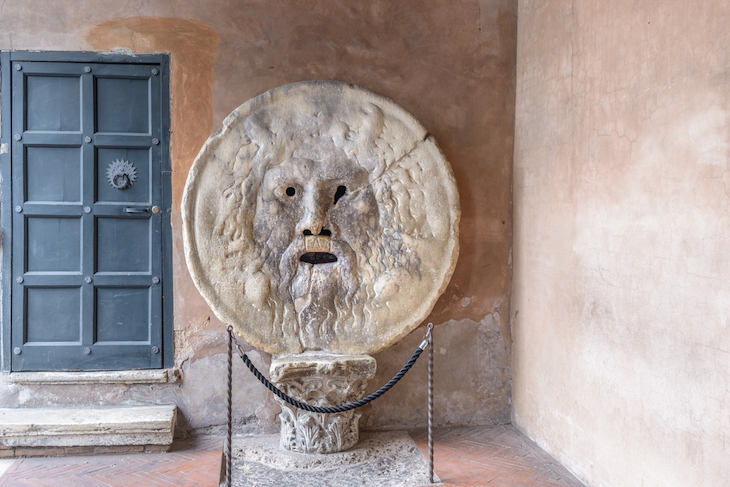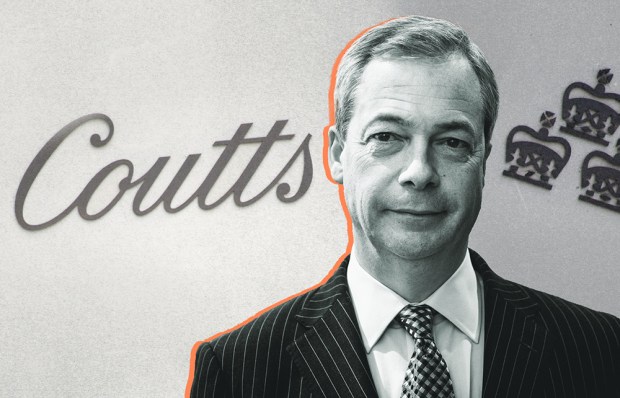The liberal media is at the moment engaged in a campaign attacking social media on the grounds that it is ‘destroying democracy’. But is it? The fact is that there is nothing new about social media, the fake news it spreads and the rage it engenders.
Ancient Greeks loved the ‘latest news’ as much as anyone today. In his book Characters — it meant ‘behavioural types’ — the Greek academic Theophrastus (d. 287bc) described, among others, the ‘rumour monger’. He was always stopping friends with made-up stories that he claimed to have heard from a reliable source; he assured them that the story was ‘hot’; he quoted unreliable authorities; it was the talk of the town; everyone agreed with it; and he put on convincing displays of shock and horror. Greeks would have recognised this type because news was often received via unofficial sources, making it very difficult to evaluate. Corn merchants would spread rumours of storms and shipwrecks to raise grain prices. It was a tactic enemies used during wartime. When a barber spread news from an escaped soldier of the disaster Athens had suffered in Sicily in 413bc, he was accused of spreading unrest and tortured — until his story was confirmed.
Greeks made various attempts to evaluate such news. First up was the identity of the speaker: what credentials did he have? Then there was the status of the speaker. Had that poor barber been a toff, he might have been believed. First-hand accounts were clearly more credible than hearsay (‘eyes are better witnesses than ears’); and finally, what could possibly be the motive driving the speaker? Was he, e.g., looking for profit?
Asking the right questions is the right way for a free society to deal with news. For Greeks, it distinguished their democracy from tyranny. So the liberal media is wrong. If it thinks democracy is under threat, it should up its own media game and turn social.
Got something to add? Join the discussion and comment below.
Get 10 issues for just $10
Subscribe to The Spectator Australia today for the next 10 magazine issues, plus full online access, for just $10.
You might disagree with half of it, but you’ll enjoy reading all of it. Try your first month for free, then just $2 a week for the remainder of your first year.














Comments
Don't miss out
Join the conversation with other Spectator Australia readers. Subscribe to leave a comment.
SUBSCRIBEAlready a subscriber? Log in